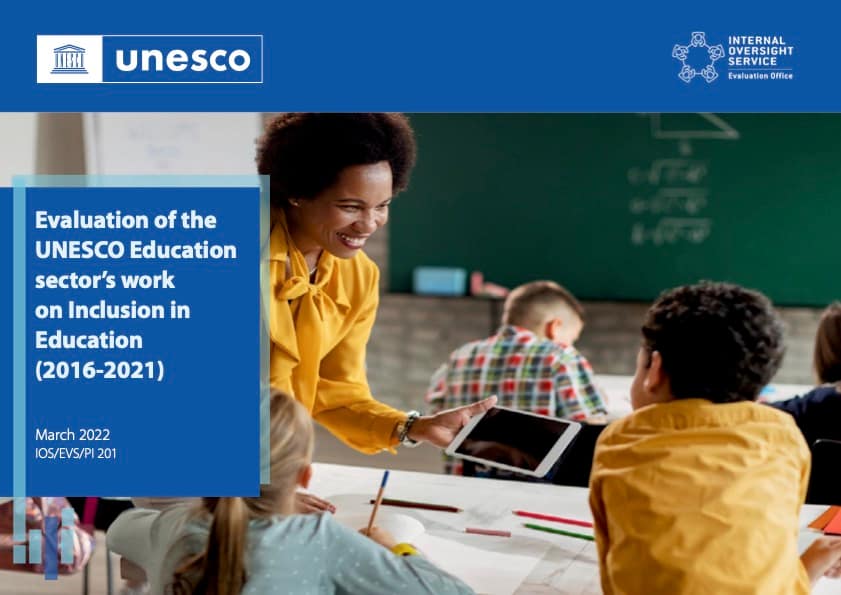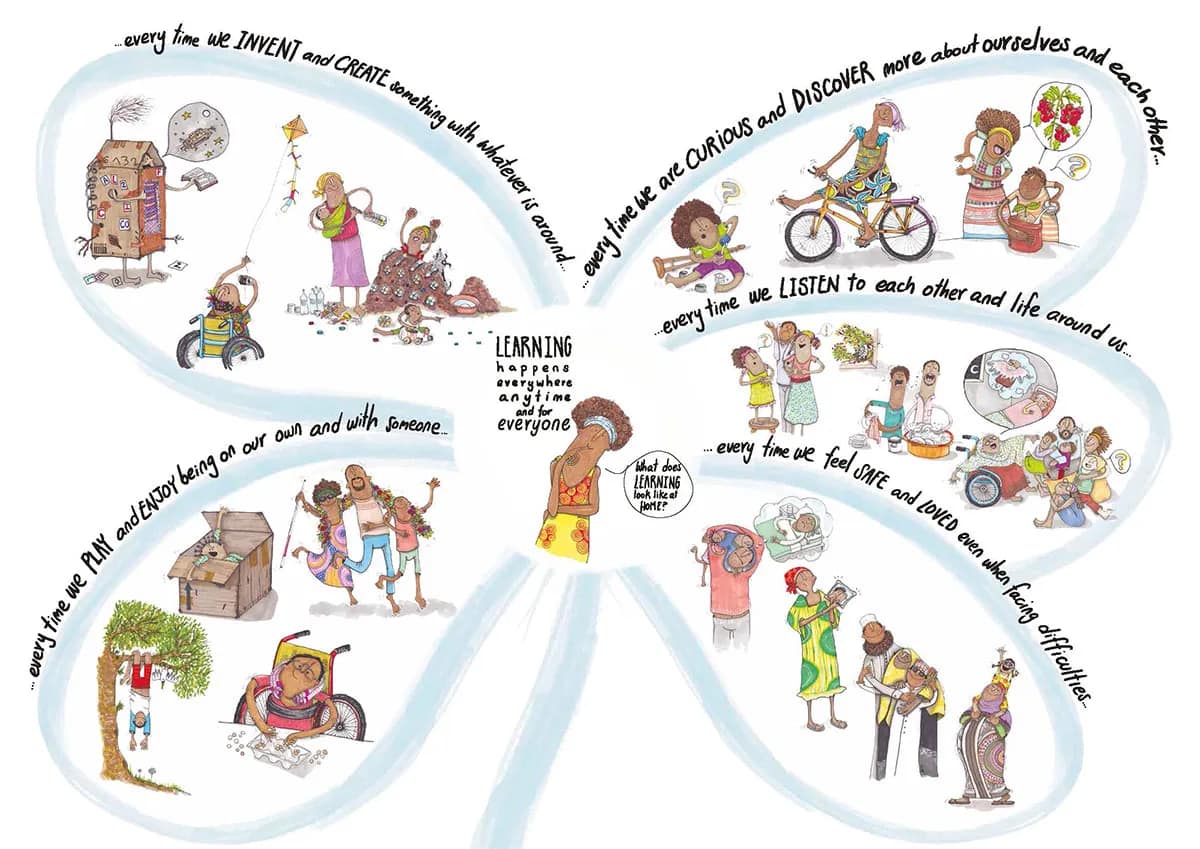UNESCO’s approach towards inclusion in education is based on the principle of “every learner matters and matters equally” and as such an expression of the Agenda 2030 paradigm of “leaving no one behind”. The evaluation confirmed that UNESCO – as the lead agency and custodian of SDG 4 – has pushed the inclusion agenda at global level by putting “leaving no one behind” at the core of its Education Sector mandate and by promoting inclusion in education as a holistic concept, including through a number of landmark publications and events. UNESCO’s comparative strengths in inclusion in education are particularly recognized in its global research, its normative work, and its convening power, and its presence is also clearly felt at the national policy level through capacity strengthening, exchange of practices and policy development. The Organization also made important contributions for enhanced inclusion of specific marginalised learners, such as refugees and people with disabilities.
However with respect to capacity development at grassroots level, other organizations appear in a better position. Challenges also remain for translating the holistic concept of inclusion in education into practice and to establish the necessary linkages to the broader agenda of inclusion across other policy areas, such as social inclusion.



